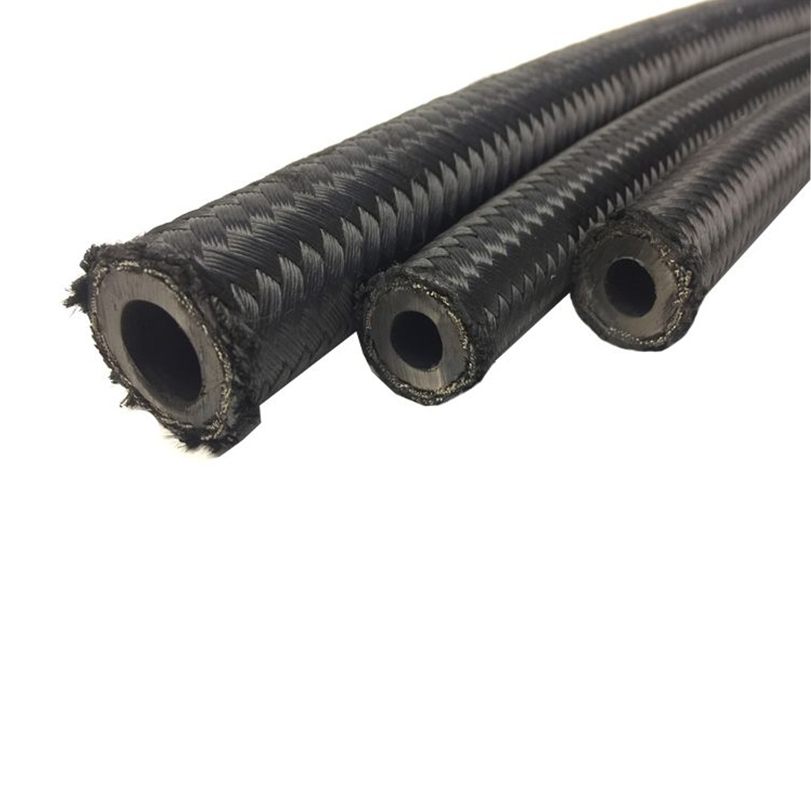335345435
Nov . 14, 2024 07:44 Back to list
industrial water hose
Industrial Water Hose A Vital Component in Various Industries
In the world of industrial applications, efficiency and reliability are paramount. Among the myriad of tools and equipment that industries rely on, the industrial water hose stands out as a crucial component. This versatile piece of equipment is used in a wide array of applications, ranging from construction sites to agricultural fields, and even in industrial manufacturing environments. Understanding the significance, construction, applications, and maintenance of industrial water hoses can provide valuable insights into their importance in modern industries.
Understanding Industrial Water Hoses
Industrial water hoses are specifically designed to transport water under high pressure and varying temperatures. They are typically constructed from a blend of synthetic rubber and other materials that enhance durability, flexibility, and resistance to abrasion and weathering. The choice of material is critical since the hose must withstand not only pressure but also potential exposure to chemicals and environmental elements, depending on its application.
Key Features and Specifications
When selecting an industrial water hose, several key features and specifications should be considered
1. Diameter and Length Industrial water hoses come in various diameters and lengths to suit different applications. The diameter affects the flow rate, while the length influences the reach and maneuverability of the hose.
2. Pressure Rating Water hoses are rated for specific pressure capacities. It is essential to choose a hose that can handle the maximum pressure it will encounter during use without risking burst scenarios.
3. Temperature Resistance Depending on the application, hoses may need to operate under extreme temperatures. Selecting the right hose for specific temperature conditions is vital to ensure safety and longevity.
4. Material Composition The materials used in the hose construction affect its flexibility, abrasion resistance, and overall durability. High-quality hoses are often reinforced with multiple layers to prevent kinks and enhance lifespan.
5. Coupling Types The end fittings or couplings determine how the hose connects to equipment or other hoses. Quick-connect fittings are common in situations where hoses need to be frequently attached and detached.
Applications of Industrial Water Hoses
Industrial water hoses are employed across various sectors. Some of the most common applications include
industrial water hose

- Construction In construction sites, water hoses are used for a variety of purposes, including dust suppression, equipment cooling, and concrete mixing. Their flexibility and robustness make them ideal for the harsh conditions of construction environments.
- Agriculture Farmers utilize industrial water hoses for irrigation and transporting water to livestock
. The ability to handle both high and low flow rates makes these hoses essential for efficient water management in agriculture.- Manufacturing In manufacturing facilities, water hoses are employed for cooling machinery, cleaning equipment, and even in fire suppression systems to ensure a safe working environment.
- Firefighting Industrial water hoses are crucial in firefighting operations. Fire departments use heavy-duty hoses that can deliver large volumes of water under high pressure to extinguish fires in industrial settings.
Maintenance of Industrial Water Hoses
To maximize the lifespan and performance of industrial water hoses, regular maintenance is crucial. Here are some essential maintenance tips
1. Storage Store hoses in a cool, dry place away from direct sunlight and extreme temperatures. Proper storage helps prevent degradation of materials.
2. Inspection Regularly inspect hoses for signs of wear, cracks, or leaks. Early detection of issues can prevent hose failures during critical operations.
3. Cleaning After use, especially in dirty environments, clean the hoses to remove any contaminants that could cause damage.
4. Avoid Kinks and Over-Wrapping Handle hoses carefully to prevent kinking, which can lead to reduced flow and potential damage.
5. Pressure Testing Conduct periodic pressure tests to ensure the hose can still perform under the required conditions without risk of failure.
Conclusion
The industrial water hose is an indispensable tool across many sectors. Its design, versatility, and ability to withstand demanding conditions make it a vital asset in ensuring the smooth operation of industrial processes. By understanding their features, applications, and maintenance routines, industries can optimize their use of water hoses, enhancing efficiency and safety in their operations. As industries continue to evolve, the significance of high-quality and reliable industrial water hoses will remain vital for future advancements.
-
SAE 100 R17 Black Smooth Cover Hydraulic Hose
NewsMar.07,2025
-
SAE 100 R17 Black Smooth Cover Hydraulic Hose
NewsMar.07,2025
-
SAE 100 R17 Black Smooth Cover Hydraulic Hose
NewsMar.07,2025
-
SAE 100 R17 Black Smooth Cover Hydraulic Hose
NewsMar.07,2025
-
SAE 100 R17 Black Smooth Cover Hydraulic Hose
NewsMar.07,2025
-
steel wire braided hydraulic hose
NewsMar.07,2025



